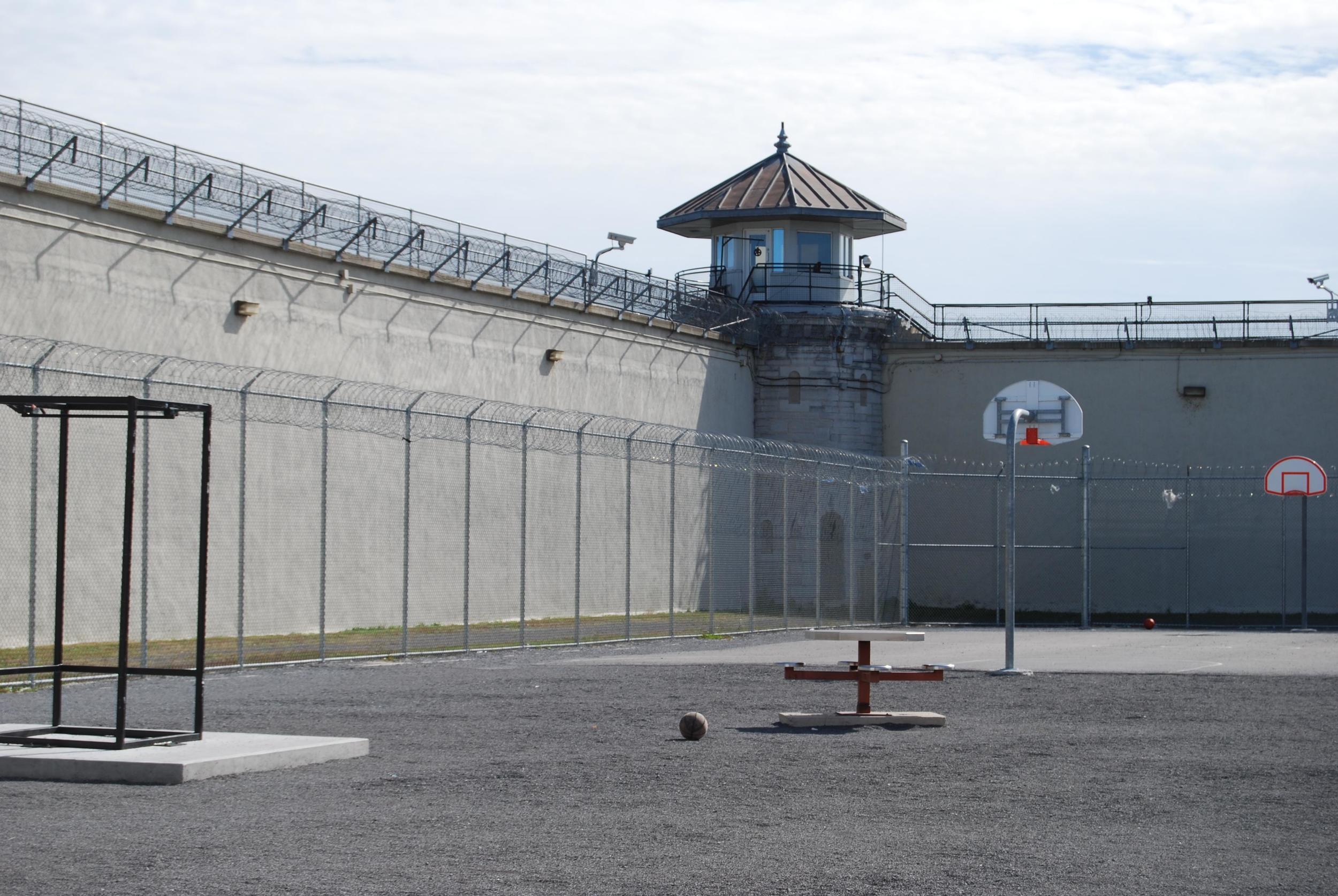Empathy and the Myth of Free Will
/A society with an abundance of prisons has a lack of understanding
Think of an instance where something terribly unfortunate happened to other people as a result of the actions of a person. Think of the moral judgement placed on the person who took that action. Ideas of what that person could or should have done differently might come to mind. You might think that if you were in their position, you would have done differently and that this justifies the moral judgement and thus a sense of moral superiority.
Now go back to thinking about yourself in their position. Imagine that you were that person. I mean really were that person. You have the same genetics as that person. The exact same set of life circumstances as that person. The same experiences as that person. The whole package. You would also not have your own experiences or genetics anymore. You would no longer be you, but would be that person. Can you say that the choices you made that resulted in this unfortunate happening would be different?
Once you realize the answer to this question, you can start to empathize with this person that you may have started out feeling a sense of moral superiority to. You may start to realize that while we do have choices to make in our lives and we feel the sense of freedom to make them, we really do not have that freedom. We simply make our choices out of a very complex genetic and experientially informed history. The way we experience this is as a sense of free will, but it is an illusion. An illusion we cannot help but fall for most of the time, but an illusion none the less.
So if it is an illusion that is a core part of our decision making process, you may wonder why bother pointing it out or thinking about it at all? One reason is in the example that I stepped you through in the first two paragraphs. It is the difference between seeing someone who does something that causes others suffering as a bad person or seeing them as a person who did something that hurt others. In one case you can have compassion for the person in the other you can dismiss them. One mindset inspires cooperation and understanding while the other inspires aggression, violence, and more suffering. More peaceful interactions and less judgement result.
This is not to say that we should just stand by when people cause suffering and do nothing about it. It does change the way we address it though. The realization that punishing the person directly responsible for the action that caused harm does nothing to address the root of the problem has immense value. We can accept that responding to harmful behavior with more aggression cannot bring any solace. If anything it will bring about more harm.
Instead we can address the person in question with compassion rather than judgement. We may still have to separate a person who is a harm to others from those they might hurt, but not necessarily in a poorly funded cell which provides an environment of fear which often causes the problems which lead to acts of harm. We already recognize the difference when the person committing the act has a known mental disorder. We treat them differently in our justice system than those to whom we attribute an act of free will. What I am saying is that we could apply that sense of corrective potential to any criminal act.
Not only does this realization of the illusion of free will inspire us to be more compassionate toward others, but it leads to more compassion toward ourselves. Most of us have realized the harmful result of our own actions at some point in our lives. When this happens we often beat ourselves up over it. Forgetting the perfect vision of hindsight, we tell ourselves that we should have known better. Instead we can realize that we did the best we could with the resources we had available to our minds in the moment and move on to acceptance. Then we may use the experience to learn instead of dwell and cause ourselves further harm. We can be more aware of the influence of our actions the next time and make more positive changes in ourselves.
Do you think your perspective might benefit from a realization that free will is an illusion? Does the idea inspire any other thoughts in you? Let me know in the comments.
Kirk Aug
Kirk runs the idea farm here at SeedSing. Send us your thoughts, and we will publish them here. Do not forget to follow Kirk on twitter @kirkaug.
